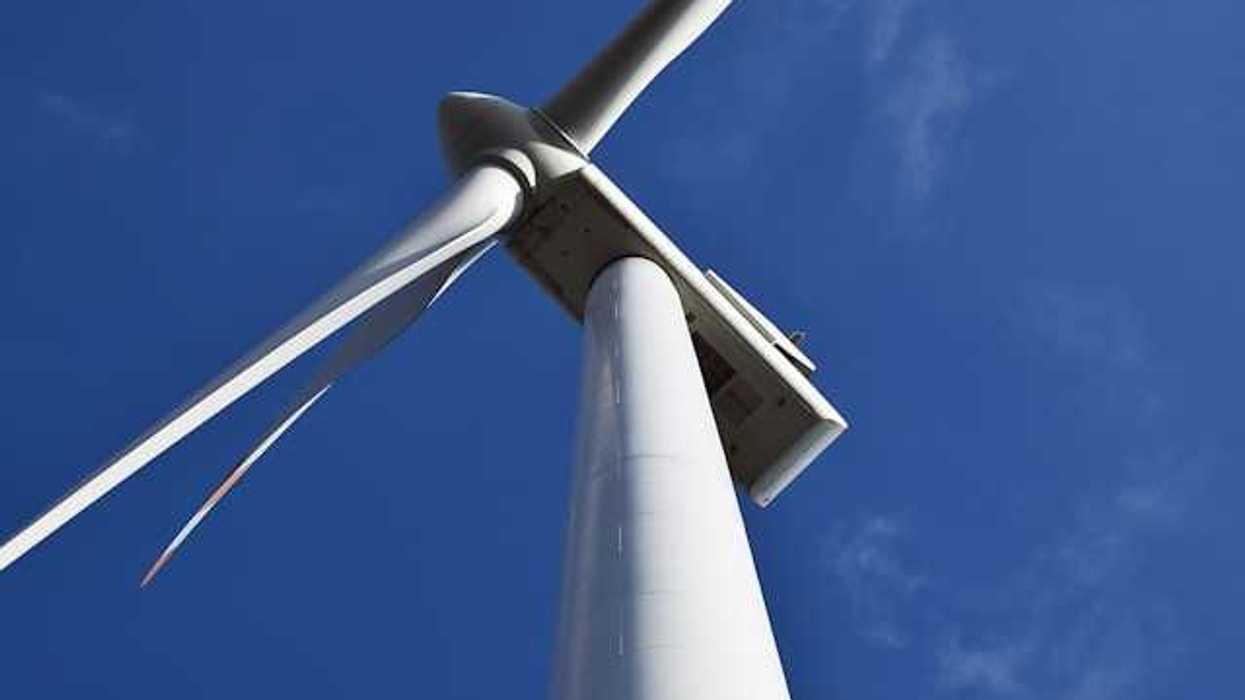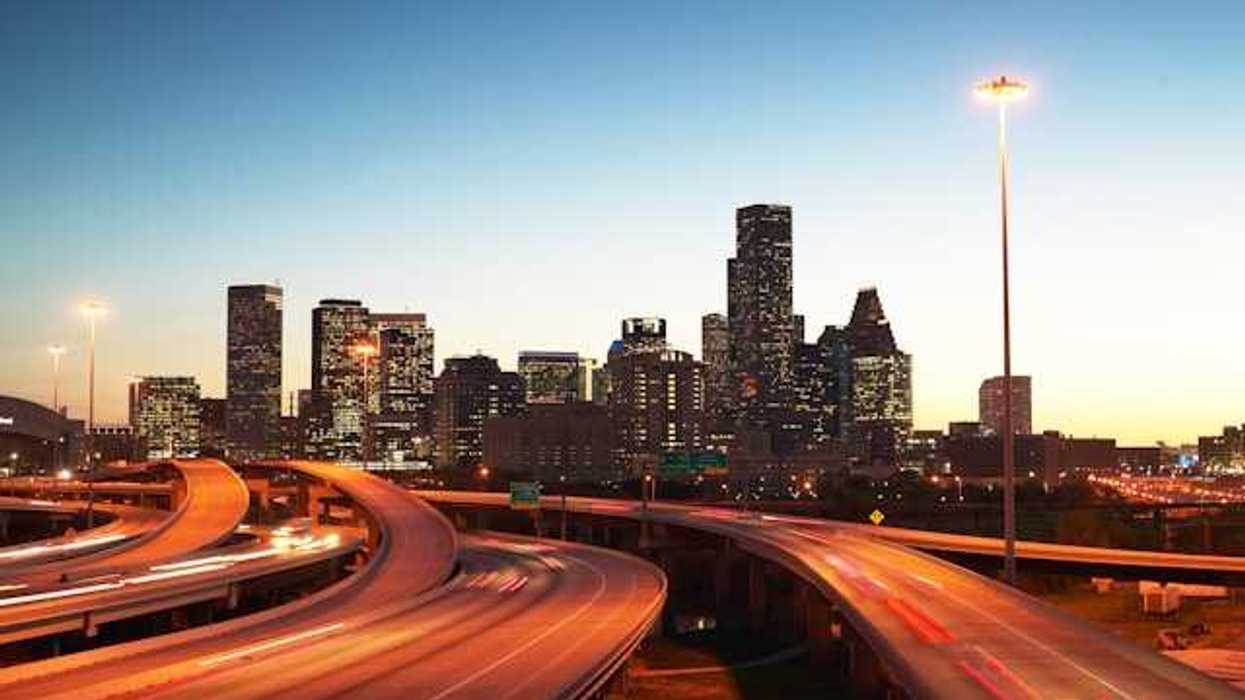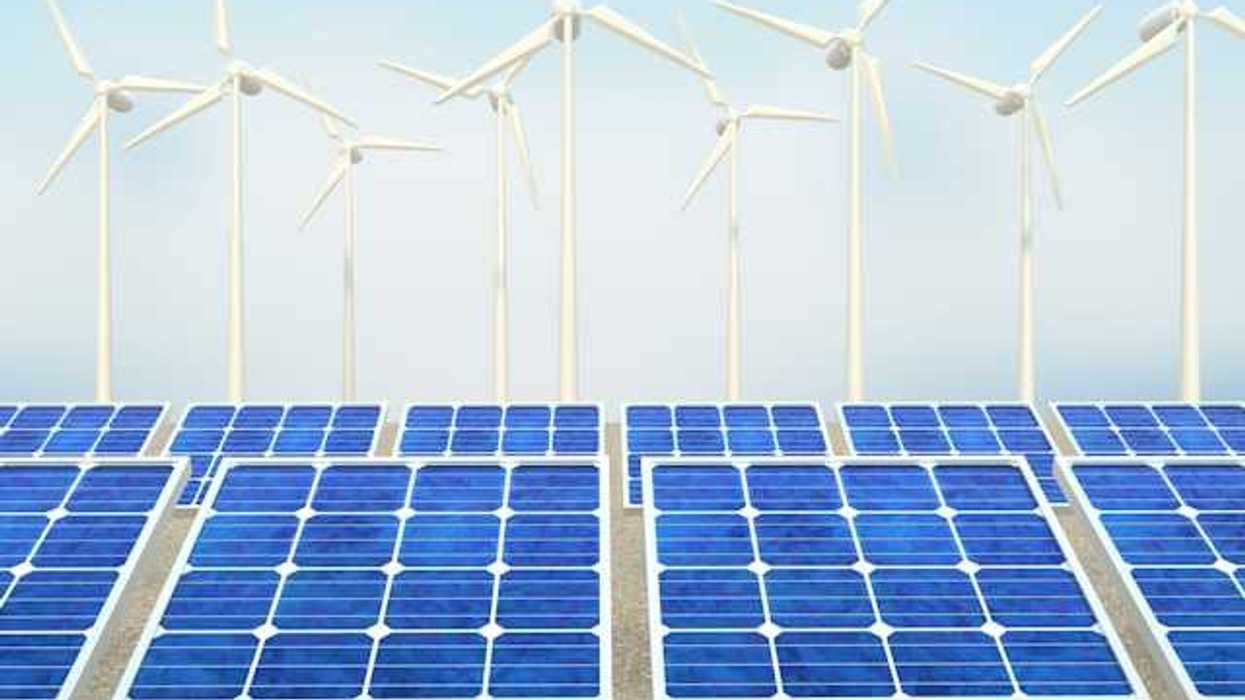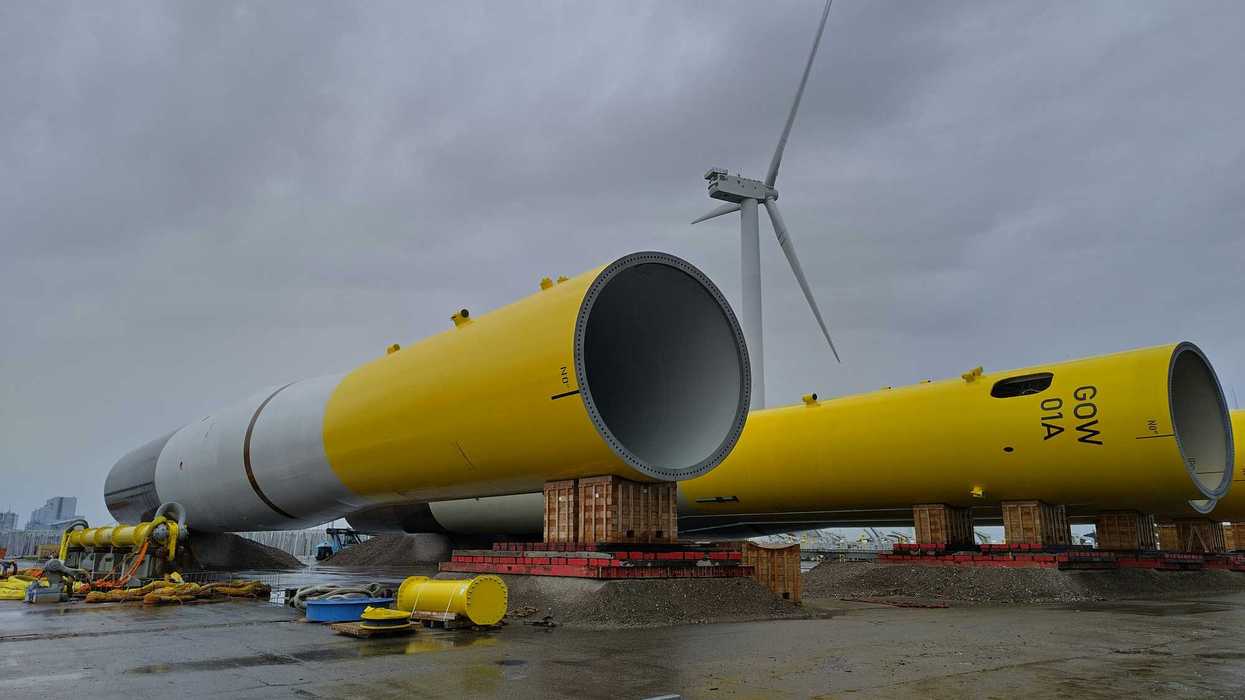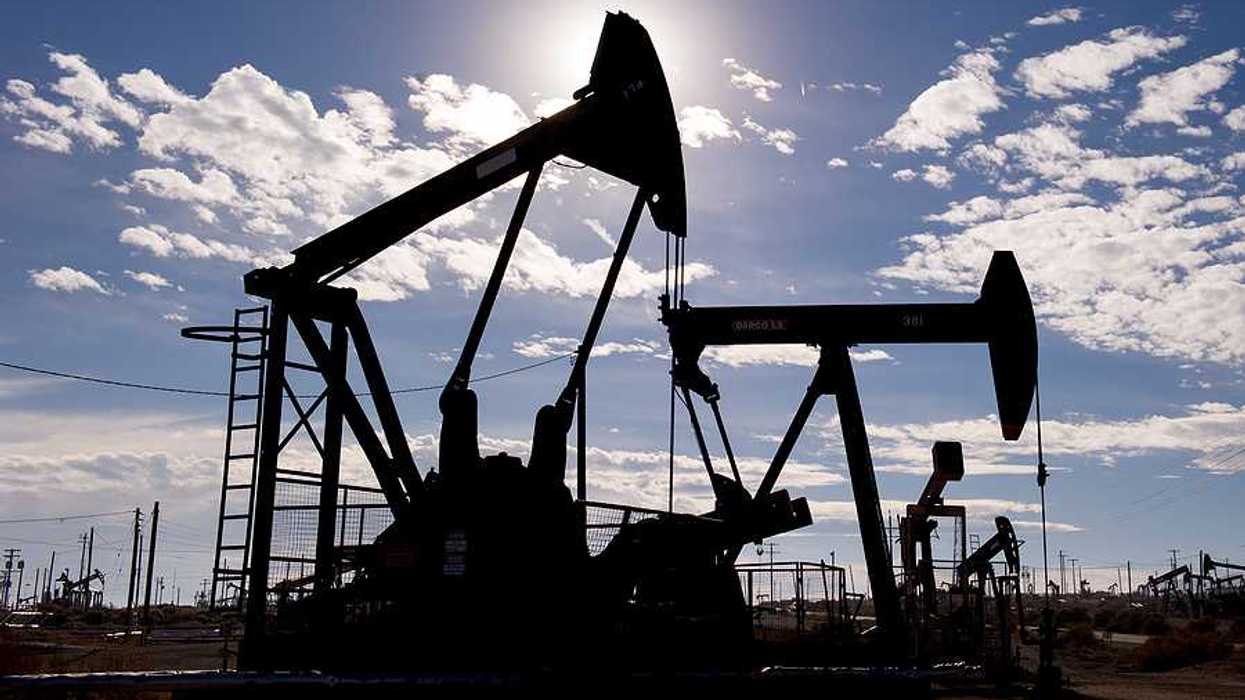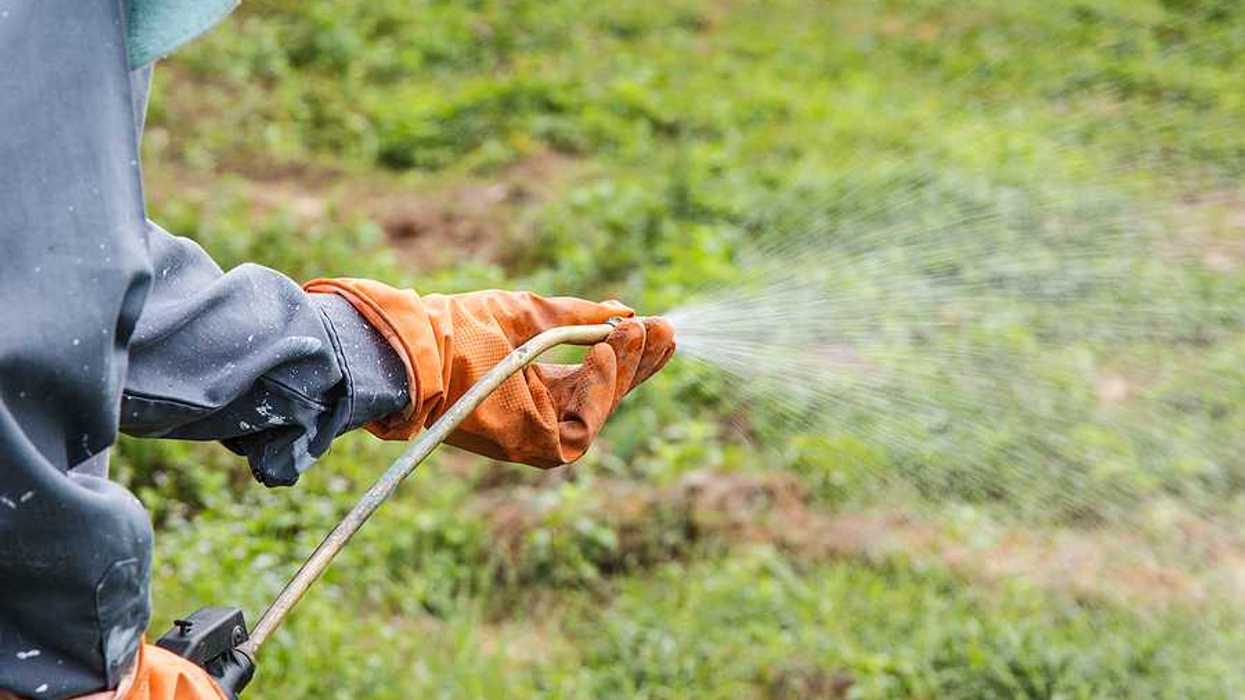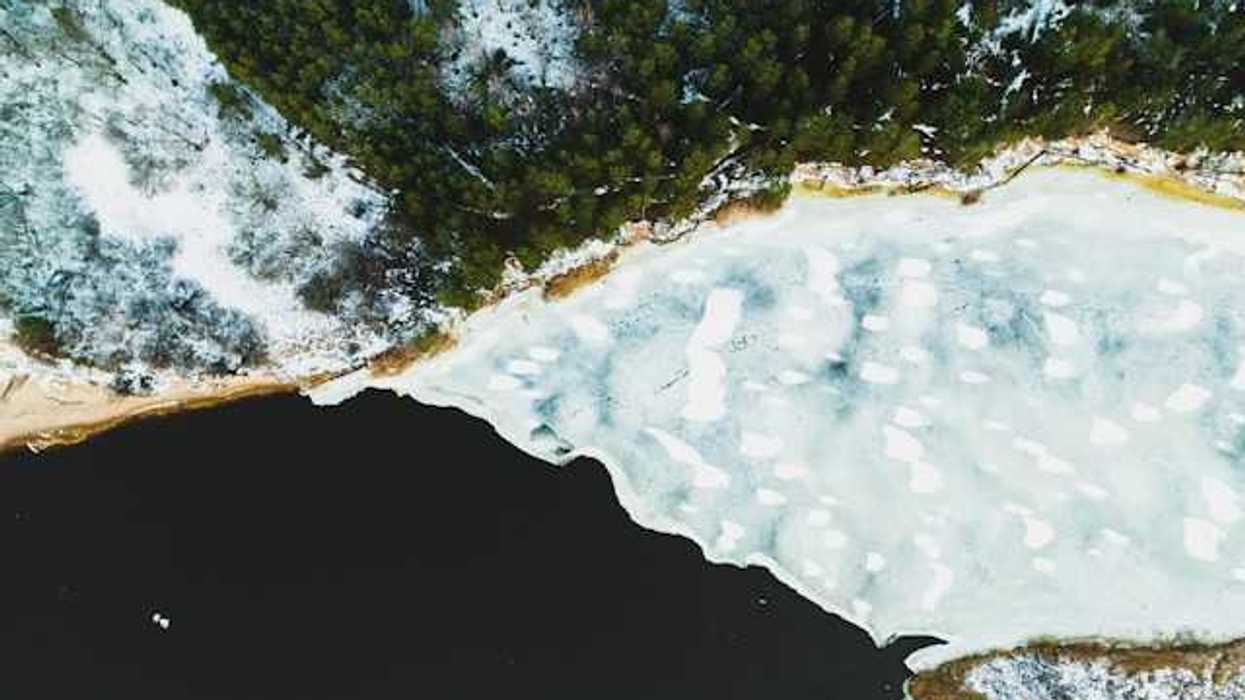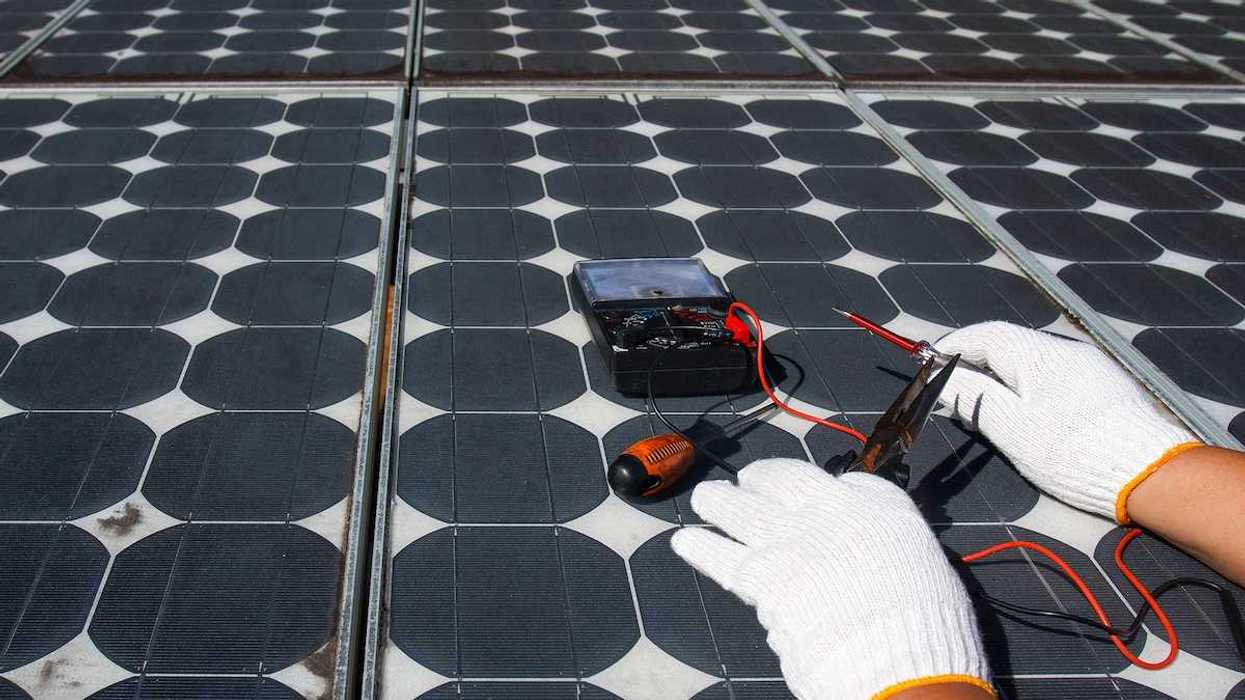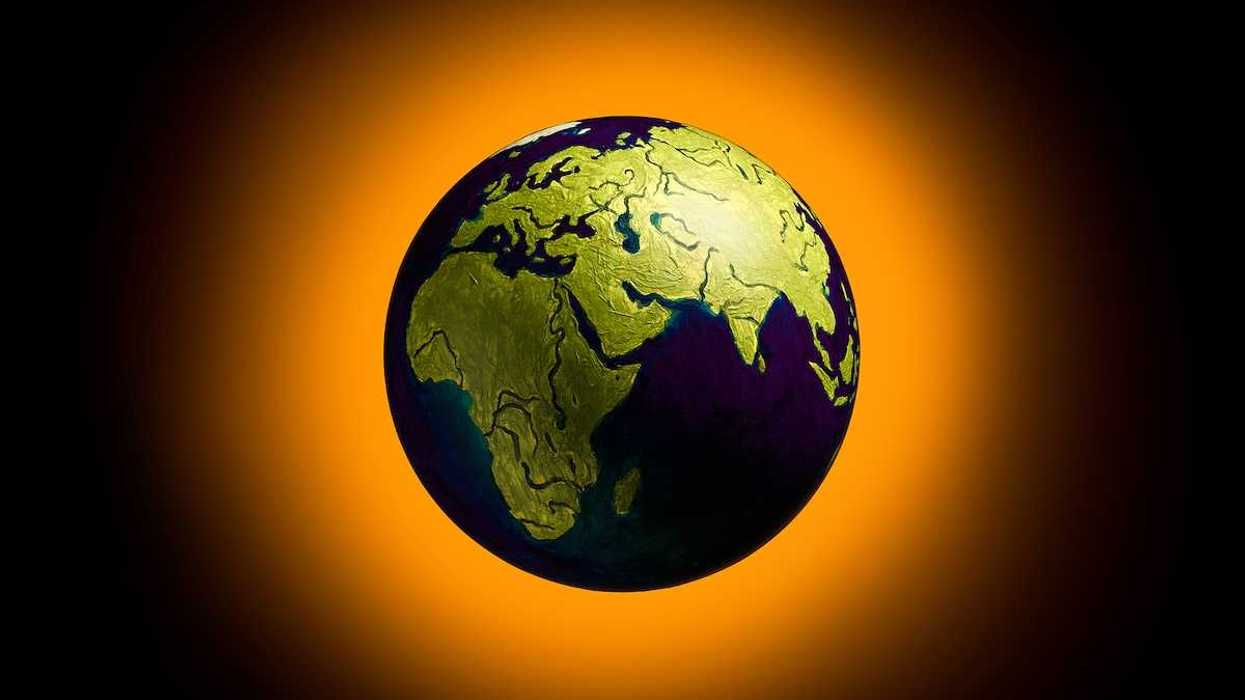The Doomsday Clock now ticks just 89 seconds to midnight, with climate change, AI, nuclear weapons, and disinformation all pushing humanity closer to catastrophe.
Al Letson reports for Reveal and Mother Jones in this week's More To The Story.
In short:
- The Bulletin of the Atomic Scientists moved the symbolic Doomsday Clock to 89 seconds before midnight, the closest in its history, citing unchecked nuclear modernization, worsening climate inaction, and the rise of AI and disinformation.
- Physicist Daniel Holz, who chairs the Science and Security Board, warns that nuclear weapons remain on hair-trigger alert, with just minutes for world leaders to decide the fate of civilization in a crisis.
- Artificial intelligence is increasingly integrated into military systems, including autonomous drones and potentially nuclear command, raising fears about machines accelerating global conflict.
Key quote:
“Really, the Doomsday Clock is a symbol of hope. The whole point of this clock is to, yes, to alarm people, to inform people, but also to demonstrate we can turn back the hands of the clock. And we’ve done it in the past, and we can hope to do it in the future. And we must.”
— Daniel Holz, chair, Science and Security Board, Bulletin of the Atomic Scientists
Why this matters:
When disinformation spreads faster than facts, and AI floods our lives with persuasive lies, democracy wobbles. Climate change is destabilizing borders, economies, and food systems. And all of it’s accelerating, with AI helping to push the pedal down.
Read more:


